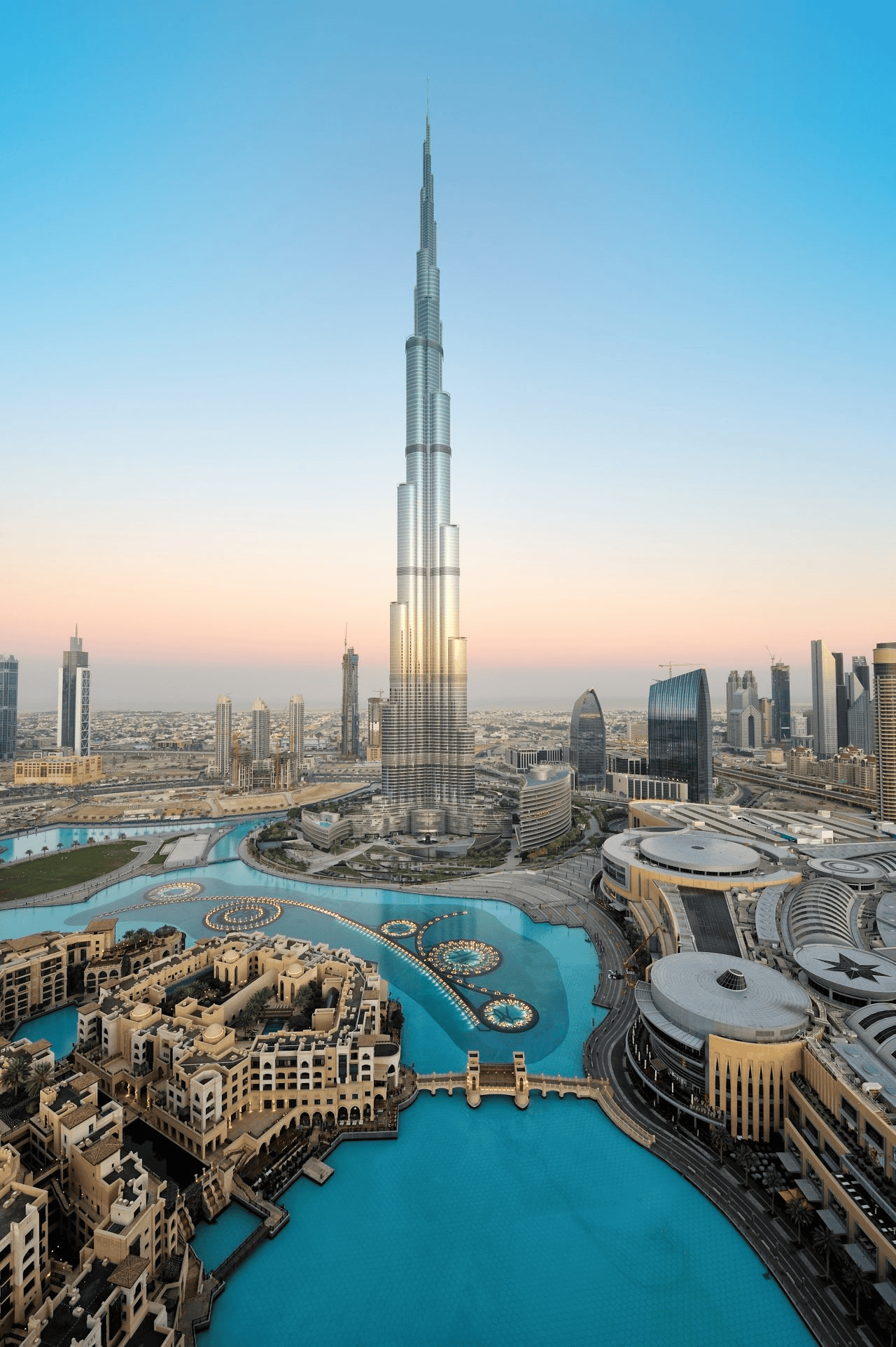Online Gambling in the Middle East and North Africa (MENA) Region
MENA nations have had a reputation as being the most staunchly opposed to any form of gambling, seeing as Islam expressly forbids it. However, economic need, diverging politics, and pragmatism have forced many nations to treat gambling differently in the law. In the world, we are currently seeing a rise in online gambling liberalization. Today we will explore which MENA nations allow gambling, provide the biggest opportunities, and how their legislative frameworks function.
Mortal approach to online gambling
One of the main reasons so many nations have been liberalizing gambling, including in Latin America, Europe, and East Asia, is the reality of the modern-day Internet. People now have the ability to spoof their IP addresses and use VPNs to access websites while depositing money in cryptocurrency. There are on the other hand many websites more than willing to accept foreigners anyway, whether authorized to do so or not.
Consequently, governments are seriously struggling to stop people from breaking gambling laws. Therefore, many of them have decided to just legalize it to achieve greater control over it as well as deriving some taxes and fees out of it.
However, far from all nations take this particular approach. Many nations see things differently, taking a principled stance and refusing to provide any sort of framework in which people can legally gamble. These regimes limit available games or ban it outright for their own citizens, but frequently permit foreigners visiting their nation to engage in it, often limiting this only to certain resorts. Smaller nations seem to permit gambling more frequently as well, since the relative impact on their economy appears to be a net positive.
As far as actual gambling activity is concerned, it takes place overwhelmingly, 80% on cell phones, so the circulation of cell phone technology that began about 15 years ago is a major factor in the rise of gambling in the region.
This has allowed for the proliferation of:
● Poker celebrities
● Slot games of all themes
● Blackjack
● Crash games like the Mines game download
● Baccarat
● Keno
Legislative approaches throughout the MENA region
Countries have traditionally been more stringent in the East than in the West of the region. The former have been more principled about stopping gambling and imposed harsher punishments while countries in North Africa and closer to the Mediterranean often do not pass any law or enforce it if they have one. As each nation is different from the others, we will take a look at each approach these different countries have taken.
North Africa
Despite the moral condemnations that the traditional cultures hold to here, this does not translate into the prohibition or prevention of much gambling in this part of the continent. These nations tend to prevent religious beliefs from intervening in actual governance.
Morocco

The farthest West MENA nation has not imposed any sort of prohibition on any type of gambling at all. In fact, the nation is a favorite destination of many a Western traveler. It has been featured as a fun time for games of chance in films. It is a hotspot for poker tournaments and is a beloved pastime even among locals. Indeed, there are poker celebrities who play both online and offline.
Algeria
This nation is an interesting case. Gambling is formally illegal, yet this law has never actually been enforced, and it doesn’t look like it’ll be any time soon. Gamblers though have nothing to worry about, since it’s not illegal to gamble, only to organize gambling services. Online gambling platforms based in the country, meanwhile, abound.
Tunisia
Gambling websites here are allowed to operate and land-based casinos operate in resorts in spite of the fact that, like in Algeria, gambling is banned on paper. Tunisia appears not to want to impose its religious morals on people but let them act as they please.
Libya
Online gambling is banned here, yet citizens commonly gamble in offshore casinos online.
Egypt
There are casinos here in tourism zones, which the government regulates, designed for foreigners to play in. Beyond these exceptions, gambling is illegal here. However, attitudes suggest that this may change soon.
Tolerant Middle Eastern nations

These nations are tolerant of some genres while banning others.
Lebanon
The nation has not banned gambling, however, there is only one casino in the whole country – Casino du Liban. Yet, for its small population, that is plenty. The casino offers all the gaming genres people are used to playing. It also has legalized sports betting and a state-run lottery.
However, the nation blocks online casino sites – for now. Besides gambling, Lebanon has a reputation as a nation where Arabs can visit to enjoy a broader range of activities than in their home countries. For instance, the place is a popular filming destination.
Jordan
Online gambling is banned but many gambling genres and betting are legal.
Syria
Online gambling is illegal, yet the nation opened up a casino in Damascus in 2011.
Turkey
Gambling is allowed only with the state-owned Turkey Wealth Fund. Players can engage in sports betting and casino games. The government tries to block online casino sites in other countries but is not very successful.
Blanket bans in the Middle East

Saudi Arabia and countries to the East and South of it are the most vigilant, condemning and preventing any and all forms of gambling. The UAE however declared in 2023 that it will completely flip that stance and instead welcome an influx of gambling investments to kick off the industry.
Qatar
Gambling online and offline is illegal here but prize drawings are legalized.
Israel
All forms of gambling are banned.
Saudi Arabia
Also does not allow any form of gambling whatsoever.
Kuwait
Gambling is banned like in Saudi Arabia.
Oman
Gambling is punishable by up to 3 years in jail.
Iran
Gambling here has been illegal since the 1979 Islamic Revolution, which led to Sharia becoming the country’s legal foundation. Before then, casinos and betting facilities operated in major cities. Currently, serious punishments are in place, both fines and corporal punishment.
Underground betting in the Middle East
Despite all the restrictions imposed on gambling, unregulated betting and gambling markets still thrive online. Many online casinos offer Arabic versions of their websites and are happy to accept deposits from players all over the Arabian Peninsula. This is mainly dominated by sports betting on sports like football, cricket, and horseracing. The English Premier League and FIFA are popular draws which locals bet on through unlicensed websites, private betting rights, or encrypted messaging apps.
The threat of heavy fines and penalties of imprisonment have brought Israeli, Saudi, and other nationalities of bettors into the waiting arms of offshore platforms.
The most anticipated development: liberalization of gambling in the United Arab Emirates

What is fascinating is that the emirates until recently had maintained a zero-tolerance policy toward gambling. That all is coming to a screeching halt as the nation is instead set to become one of the world’s premier gambling destinations. Per announcements, the UAE is currently drafting legislation to build a resort in each emirate, set to feature a casino, hotel, and other forms of entertainment. With so many millionaires residing and visiting the nation, many are predicting the revenue that will be generated will easily amount to tens of billions of dollars per year.
Locals declare that casinos will easily be integrated into the already countless luxury hotels and restaurants. Before they do so, the nation will have to end its ban on gambling though. Investors and residents are enthusiastically awaiting these changes to be brought into effect.
The UAE has actually implemented some exceptions to its gambling ban before. This includes the Dubai World Cup, a horseracing event on which betting is legal.
